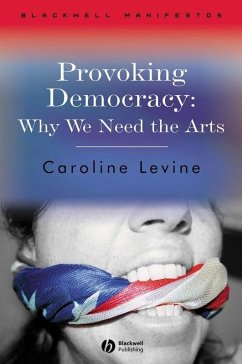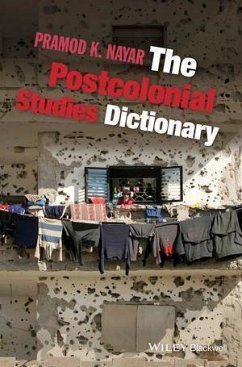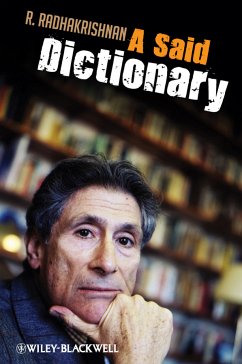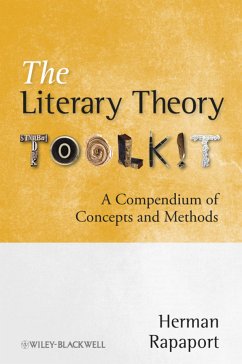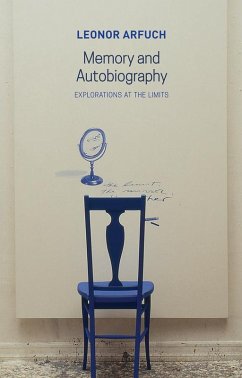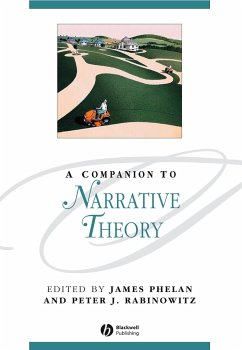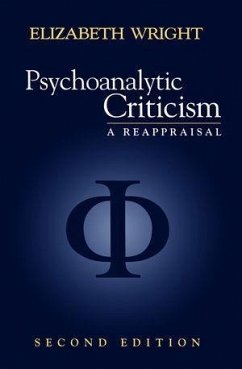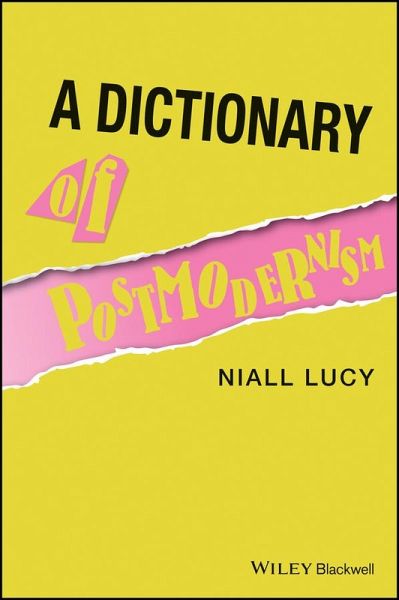
A Dictionary of Postmodernism (eBook, PDF)
Versandkostenfrei!
Sofort per Download lieferbar
28,99 €
inkl. MwSt.
Weitere Ausgaben:

PAYBACK Punkte
0 °P sammeln!
A Dictionary of Postmodernism presents an authoritative A-Z of the critical terms and central figures related to the origins and evolution of postmodernist theory and culture. * Explores the names and ideas that have come to define the postmodern condition - from Baudrillard, Jameson, and Lyotard, to the concepts of deconstruction, meta-narrative, and simulation - alongside less canonical topics such as dialogue and punk * Includes essays by the late Niall Lucy, a leading expert in postmodernism studies, and by other noted scholars who came together to complete and expand upon his last work * ...
A Dictionary of Postmodernism presents an authoritative A-Z of the critical terms and central figures related to the origins and evolution of postmodernist theory and culture. * Explores the names and ideas that have come to define the postmodern condition - from Baudrillard, Jameson, and Lyotard, to the concepts of deconstruction, meta-narrative, and simulation - alongside less canonical topics such as dialogue and punk * Includes essays by the late Niall Lucy, a leading expert in postmodernism studies, and by other noted scholars who came together to complete and expand upon his last work * Spans a kaleidoscope of postmodernism perspectives, addressing its lovers and haters; its movers and shakers such as Derrida; its origins in modernism and semiotics, and its outlook for the future * Features a series of brief essays rather than fixed definitions of the key ideas and arguments * Engaging and thought-provoking, this is at once a scholarly guide and enduring reference for the field
Dieser Download kann aus rechtlichen Gründen nur mit Rechnungsadresse in D ausgeliefert werden.




